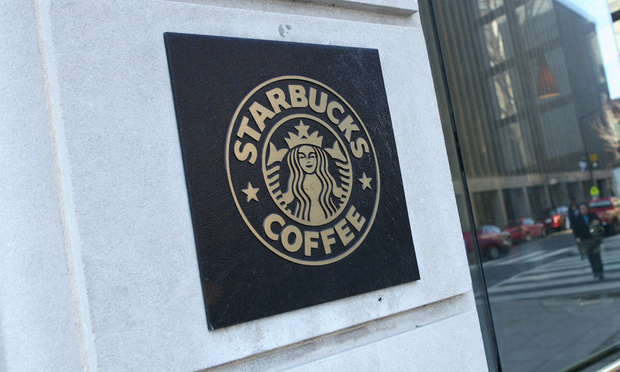On May 1, the California Supreme Court will hold oral arguments in the much anticipated case Troester v. Starbucks Corporation. The case is currently pending before the U.S. Court of Appeals for the Ninth Circuit, but that case is on hold awaiting an answer from the California high court, which has been asked to answer a key question for the Ninth Circuit—does the de minimis doctrine, traditionally applied in both California and federal Fair Labor Standards Act (FLSA) cases, apply to wage claims made under the California Labor Code? The California Supreme Court’s answer to this question could dramatically change the landscape for businesses with employees in California.
What Is the De Minimis Rule?
The de minimis doctrine is asserted by employers as a defense under the FLSA. The doctrine states that employers are not responsible for compensating employees for small amounts of time (less than 10 minutes) spent off the clock preparing for or concluding a work shift. Under the doctrine, to analyze whether the employee claim is de minimis, courts will consider the practical administrative difficulty of recording the additional time, the aggregate amount of compensable time and the regularity of the additional work, according to Lindow v. United States.


 Starbucks
Starbucks




